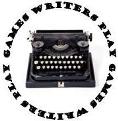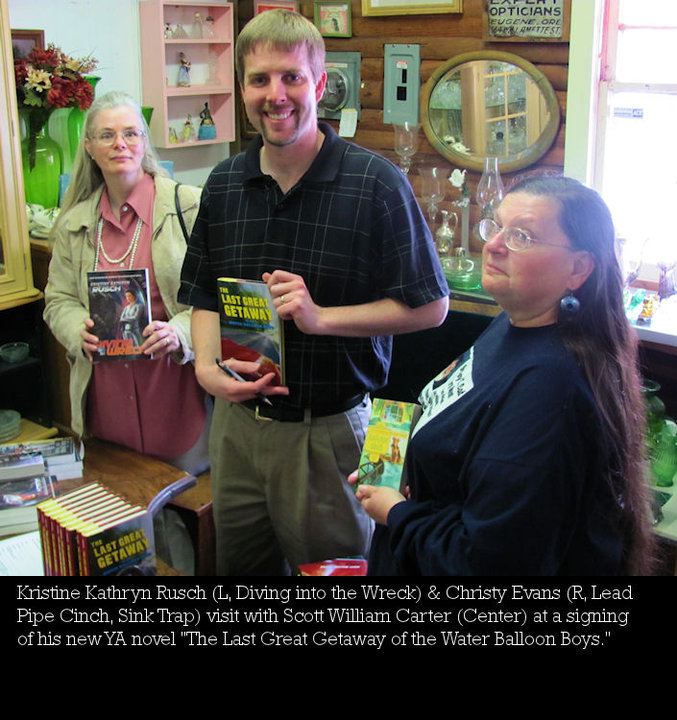 A noted writer — I think it was Harlan Ellison — once wrote that a writer either heard the music or they didn’t. If they didn’t hear the music, they were better off quitting and trying their hand at some profession which bettered suited their skills.
A noted writer — I think it was Harlan Ellison — once wrote that a writer either heard the music or they didn’t. If they didn’t hear the music, they were better off quitting and trying their hand at some profession which bettered suited their skills.
I wouldn’t go quite that far, but I knew exactly what he was talking about as soon as I read it. For me, one of the great joys of being a writer is that occasionally — not all the time, and sometimes not even for great gaps of thousands of words — I get to hear the music. There is a rhythm behind the words, a pulse behind the prose. Rarely I hear it for the length of a short story; more often I only get a glimmer of it in a single paragraph. It’s that moment when the hairs on the back of your neck rise, when you feel that you have created something larger than the sum of its parts. It’s not mere words. There’s something more there.
Honestly, it’s the reason I write.
What is the music when it comes to writing? It is voice, syntax, word choice, story — it is all of these things and more. The prose can be rich and textured like the best of James Lee Burke; it can also be terse and spartan like Hemmingway at his finest. Both hear the music.
Stop by any bookstore, pick out a book at random, and chances are that the writer won’t have heard the music. Chances are that the writing is merely servicable, that at its best it operates as an unimpeding gateway to the story; at its worst, the writing is clunky and distracting, but the story strong enough to cary the day. And that’s all right. Most readers read for story. The story is the thing. The writing usually just has to be good enough.
But a writer who can tell a great story and hears the music — ah, that’s a special writer indeed. Those are the books that stand a far greater chance of indelibly imprinting themselves on the reader’s mind long after all other books fade into the darkness.
All of this is a prelude to today’s game. Honestly, I’m not sure this can be taught. I’m not even sure it can be learned. But if it can be learned, then here’s a good way to do it:
Type other writers’ words.
When you read a passage in some work you really admire, one that really speaks to you, type that passage into your word processor. Study it. Soak up the rhythms and the word choices. There’s no substitute for running millions of your own words through your fingers, but this is one way to help. All you need in your own writing are a few notes. A couple of beats. Once you’ve heard it, you’ll know it’s there, and then you can begin the lifelong pursuit of stretching and expanding the music — to giving life to those limp sentences, to putting the soul behind your stories, to reaching and striving for something that, however brief, will sustain you during all those long hours of lonely struggle.
-+-
All posts in this series can be found at
www.gameswritersplay.com

